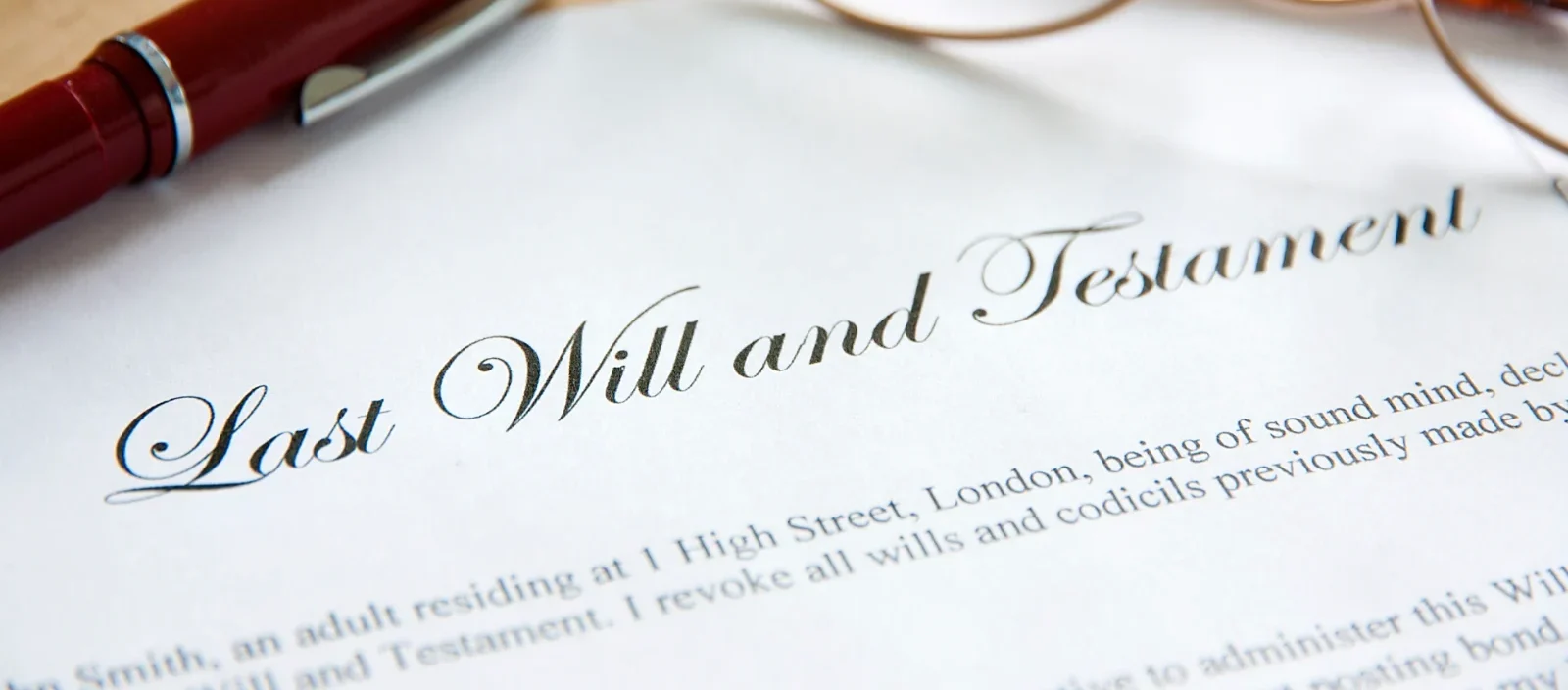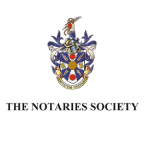Our affidavit services
As a Notary Public, we offer several affidavit services. We can notarise your affidavit for you, so as to make it valid. This also verifies the identity of the person signing the affidavit. If you need help with drafting your affidavit, then we can also help you with this.
With our mobile notary service, you can arrange your appointment at a time and place that suits you. You can also arrange your appointment to take place at one of our offices in London, Manchester, or Sheffield.
Additionally, we can help you get an apostille for your affidavit if it needs to be used abroad. We do this by working closely with the Foreign, Commonwealth and Development Office (FCDO). Our apostille services include a standard service that takes 15 to 20 days, and a fast-track service that takes 5 to 7 days. This allows you to choose what suits you best to get an apostille from the FCDO. We have a webpage about our apostille packages if you would like to learn more.
We can also assist you with embassy legalisation if the country you want to go to does not accept apostilles.
If you need any affidavit notary assistance, then please contact us by phone, email, or using our website chatbot.
What is an affidavit?
Often in legal proceedings, parties must sign and be sworn by an oath or affirmation of written statements of facts which can then be used alongside a witness statement as evidence in court. This is known as an affidavit.
They are a representation of the knowledge of the person offering the affidavit, so they cannot be punished if they do not include information that they were not aware of.
Affidavit means ‘he has declared’ in Latin. They are also known as ‘a statement under oath.’.
Affidavits are similar to statutory declarations. However, affidavits are only used in court proceedings, whilst statutory declarations have a more general use.
When do I need an affidavit?
Affidavits are only used in certain circumstances such as divorce proceedings, debt cases or property matters. Other examples can be to verify your address, claim an inheritance and to record business earnings.
Affidavits are only valid if you make it of your own free will, without any coercion.
Affidavits can also be made on the behalf of other people, such as someone who has a guardian or is not mentally well enough to make their own affidavit.
Currently, witness statements are used more often than affidavits. Witness statements were introduced with the Civil Procedure Rules. However, there may still be times that you will be asked to provide an affidavit instead, or maybe even both documents.
How do I get an affidavit?
To get an affidavit, you will have to give a sworn statement. You can get your affidavit drafted by a notary, or you can create it yourself. Also, you can try to find a template somewhere.
What is the name of someone who makes an affidavit?
Someone who makes an affidavit is known as an ‘affiant’. Essentially, anyone who provides an affidavit for say, a court case, is known as an affiant.
















